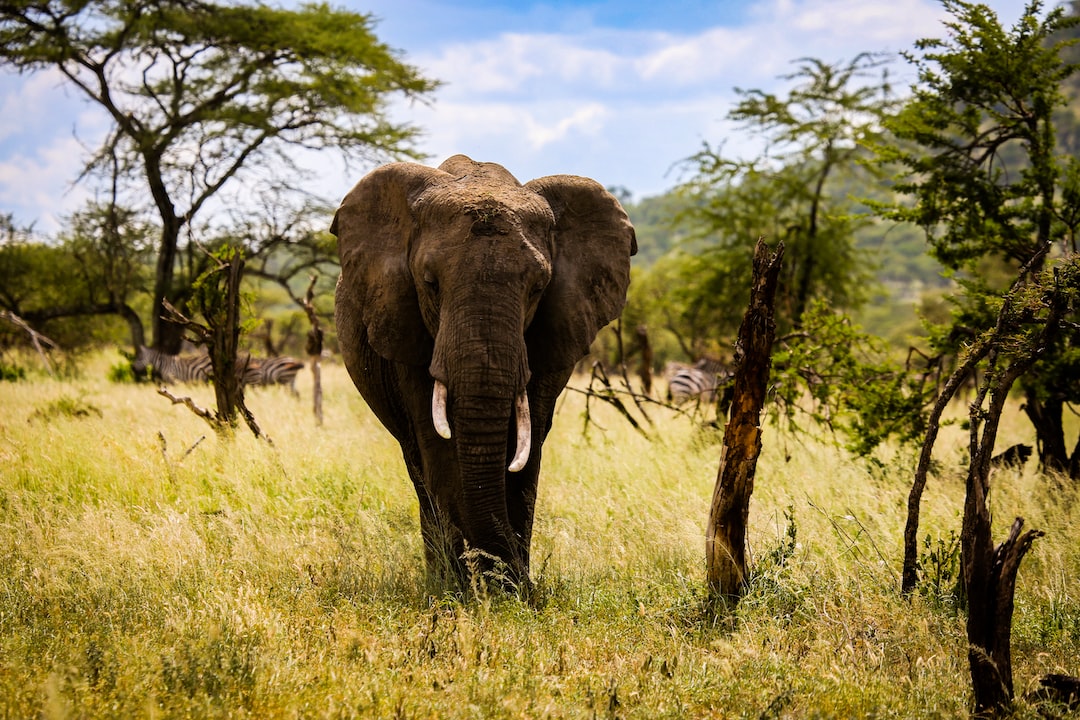Exploring Indigenous Culture through Outdoor Experiences: A Journey of Connection and Appreciation
When it comes to understanding and appreciating Indigenous culture, there is no better way to immerse oneself than through outdoor experiences. The natural landscapes that have sustained Indigenous people for centuries hold the key to unraveling their deep-rooted traditions, spirituality, and connection with the Earth. This blog post explores the importance of embarking on outdoor adventures to engage with Indigenous culture, showcasing the transformative power of these experiences while shedding light on the need for respectful interactions.
Indigenous cultures across the world have an intimate and encyclopedic knowledge of the land they call home. Through stories passed down through generations, rituals, and everyday practices, they have developed a profound connection with the natural world. By venturing into the great outdoors, we gain an opportunity to witness and understand the symbiotic relationship Indigenous people have fostered with their surroundings.
One way to explore Indigenous culture through outdoor experiences is by participating in cultural tours led by Indigenous guides. Whether it’s a hike through a sacred mountain range, a canoeing expedition along a historic river, or a wildlife spotting adventure, these expertly guided tours bring visitors closer to the Indigenous way of life. Indigenous guides share stories, legends, and the significance of different landmarks along the journey, providing invaluable insights into their culture’s deep roots.
For those seeking a more hands-on approach, participating in traditional activities such as fishing, basket weaving, or gathering medicinal plants can deepen our understanding of Indigenous heritage. By actively engaging in these activities, we gain a sense of the skills, craftsmanship, and knowledge that has been passed down through generations.
Outdoor experiences also open the door to witnessing Indigenous ceremonies and rituals. From sunrise ceremonies to sweat lodges, these ancient practices offer glimpses into the spiritual side of Indigenous culture. Participating in these events fosters a profound appreciation for the depth and beauty of indigenous spirituality.
By immersing ourselves in Indigenous culture through outdoor experiences, we also develop a more profound respect for the environment. Indigenous people have long understood the importance of sustainable practices, as their survival is intricately linked with the health of the land. By witnessing their reverence for nature firsthand, we can adopt a similar mindset and learn how to better care for the planet we all call home.
However, it is crucial to approach these outdoor experiences with respect, humility, and a willingness to learn. Indigenous cultures have faced a history of colonization, exploitation, and marginalization, and it is our responsibility to rectify past wrongs by seeking permission, following protocols, and supporting Indigenous-led initiatives. This means obtaining proper permits, respecting sacred sites, compensating Indigenous guides fairly, and actively supporting Indigenous-owned businesses and organizations.
As we navigate these outdoor experiences, we must remember that Indigenous culture is not a tourist attraction but a living, breathing tapestry of traditions and customs. Indigenous people are not merely actors playing a role for our entertainment; they are the guardians of ancient wisdom and deserve to be treated with respect, dignity, and recognition.
In conclusion, exploring Indigenous culture through outdoor experiences offers a transformative journey of connection and appreciation. By venturing into the natural landscapes that have shaped Indigenous people’s lives for centuries, we gain a deeper understanding of their traditions, spirituality, and relation to the Earth. It is crucial to approach these experiences with respect and a willingness to learn, ensuring that our interactions foster a greater appreciation for Indigenous culture while supporting and empowering the communities we encounter. In doing so, we forge meaningful connections and contribute towards a more inclusive and equitable future for all.

